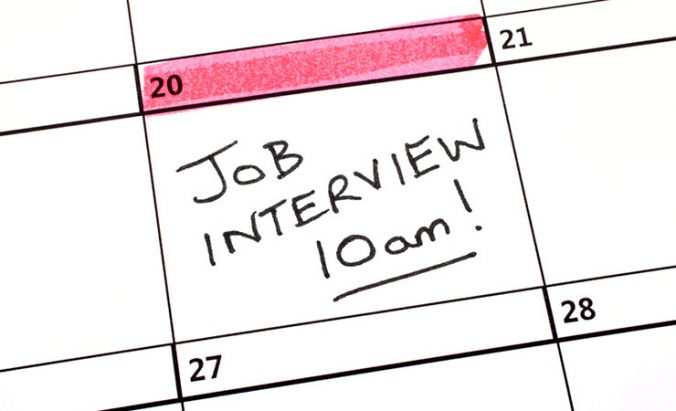Let’s face it: the job search process seems a little silly.
Your resume is supposed to spell out your years of experience, expertise and accomplishments using a dozen-or-so short, bulleted synopsis with the hope that someone ‘gets you’ and sees that your background, above everyone else, is the right fit for the position.
Now, saying that, resumes and cover letters are necessary and there are clearly effective ways to write impactful resumes and cover letters that help you to stand out.
Assuming your resume does open the door for you and you are now in the formal recruitment process, you are now faced with an even more daunting challenge: convincing the hiring manager at the interview that you are the right person for the job.
It’s during the interview where you not only must connect all of the relevance to the position they detected on your resume, but also where you must display a true passion and desire for the company and for the job for which you are applying.
I spoke with an HR manager at one of Denver’s biggest ad agencies last week and he told me that the thing that really stands out with him when interviewing someone is that the job seeker displays a level of self-assuredness not only about their skills, but how they can display how their skills translate to the specific job they are interviewing for.
“Often I see job seekers in interviews who are trying to convince me that their breadth of background would be a perfect fit for the company; I need you to connect your background to the specific job your are interviewing for – that is what I will be ultimately be judging you on.
“If someone appears desperate, then they will probably go overboard in describing how they can do anything we ask of them. Often, this also translates to long-winded answers which give us the impression you are boring. If you are boring me, I’m left with the impression you will also bore our clients.
“Give me short, specific examples of how your background connects to the specific position. Paint the picture in my head of how you will be the most effective person for this job. Convince me that you are right for this job.”
Building Bridges
I’ve found that most job-seeking advice sounds good when you describe it, but in fact, is much more difficult in practice. This is particularly true with advice about how to effectively interview.
The fact is that the end-goal for any job-seeking interview situation is to influence the perception of the person who is doing the interviewing in your favor; you want them to leave the interview believing you are the right person for the job.
One of the biggest mistakes people in interviews make is trying to quickly determine the answer you believe the interviewer wants to hear. There are a couple of things wrong with this approach. The primary mistake is that you simply don’t know what the interviewer wants to hear; and secondly, you are giving up a great opportunity to display your true grasp of the issue.
When I was the Chief Spokesman for the Mayor of Denver, I perfected a few tricks that helped the Mayor to navigate through tricky media interview situations.
In any interview, we would prepare the Mayor to concentrate on 3-5 messages that HE wanted to get across in the interview – in other words, we worked with him to control weaving these messages into the interview. So no matter the question, he would tailor his answers back to the points HE wanted to make.
This technique is called bridging and is completely applicable to the job-seeking interview process.
In bridging, the goal is to lead your answer to one of the 3-5 points you want to make – again these 3-5 points are going to be connected to your relevance to the job. When you think about it this way, you can see that you are in much more control of the interview and can communicate with a much greater level of confidence and assuredness.
For example:
Q: Our company is still coming to grips with using social media effectively. What are the things that you would do broaden our reach using social media and how can we use a blog for our CEO to promote the company?
Wrong Answer: Without question, you need to be on Twitter, Facebook and also we should create a CEO blog that will help promote your CEO. I’m familiar with all social media and could really help this company promote itself using social media.
Right Answer: My experience with social media tells me a couple of things. Primarily, it requires a serious assessment of the need and as importantly the time, effort, and resources that are required to use social media effectively. In my last position, we looked at all the tools we were using in our overall marketing efforts and developed a specific campaign that included social media to see how our customers would respond. Through Twitter alone we increased traffic to our point-of-sale website by 22% in the first 3 months. But the blog we created was more difficult because of the lack of time and commitment from upper management. But the critical issue is this: before committing to using one social media tool over the other and to set realistic expectations about what social media can deliver, its important to test different social media tools.
As you can see, the second answer uses the bridging phrases ‘My experience…tells me a couple of things’ and ‘…the critical issue is this.’ Using these types of bridging phrases immediately sets up an expectation of an authoritative response. Bridging gives you power – it allows you to use past experiences to demonstrate a point and it highlights your expertise and how it would apply to the job your applying.
Here are several other bridging phrases that can help you:
From my perspective…
I have heard that too, but the real focus should be on….
If I may, let me pick out another point that is equally as important….
Based on a similar project I was involved in, I might describe it differently…
Looking ahead, I believe…
Here’s a related point I’m even more familiar with…
That’s an important point, but here’s my view on the issue…
The question might also be…
Opinions might differ on this point, but here’s my bottom line…
Let’s use another perspective…
Some people might consider this is the most important issue, but my experience tells me that…
Bottom Line
Bridging works. Remember, don’t always answer the question in the way you think the interviewer WANTS to hear the response, think about how you can get to the answer that is most helpful to demonstrate your 3-5 points you want to make in an interview.









